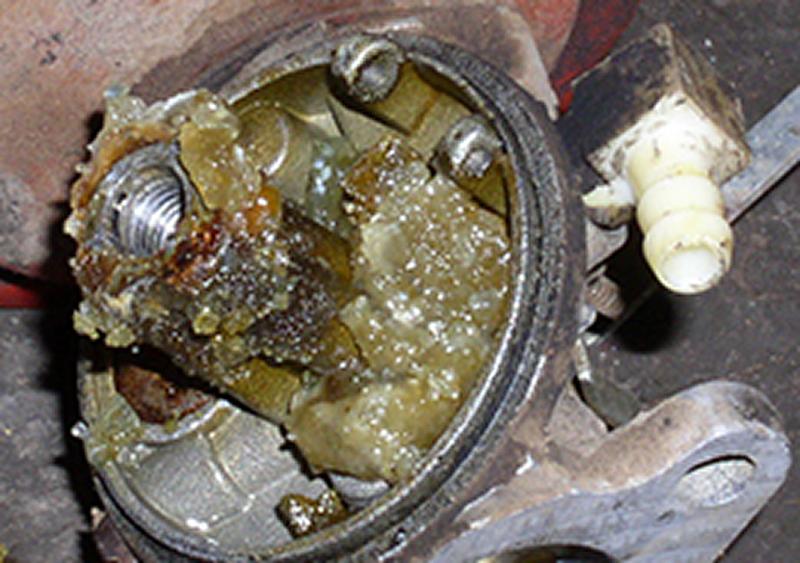
Fuel for thought? Government could increase ethanol in fuel
BALI's Technical Officer (Policy & Research) Owen Baker takes a closer look at the future of fuel, in particular, petrol, and how we currently take the product for granted and what we must consider moving forwards, as the UK government decides on whether it should allow more ethanol in fuel which could have lasting ramifications for landscaping machinery. BALI investigates.
Your mower starts to make a ‘CHUG CHUG CHUG’ noise, before losing power and finally cutting out with 6 hours left of the day and approximately 3 jungles-worth of grass still to cut. A list of possible mechanical problems, huge repair bills and disappointed customers race through your mind…until you realise a splash of petrol is all that’s needed. After searching for that elusive funnel in the back of the van and sloshing the contents of a heavy jerry can into a tiny fuel tank via an unwieldy nozzle, the mower splutters back into life and you forget about petrol for a few more hours.
We rely heavily on petrol as a fuel source, but often give it little thought…until it runs out. Most of us - me included - don’t think twice about what we put in the tank when we’re rushing to get work done or thinking of the next site visit. After all, it all comes from the same hole in the ground, right?
Whilst petrol all originates from the same place, its composition is increasingly being changed. Just a look at the petrol station forecourt highlights this, with a myriad of coloured nozzles and brand names with promises of ‘extra power’ and ‘cleaner engines’.
In this article I suggest it is worth paying a little more attention to what you’re running your machinery on in the future. Due to legislation, petrol as we know it is changing and, if you haven’t already noticed a difference, you soon will. If you don’t pay attention to what you’re putting in the tank in the future, filling up may cost you more than you bargained for.
Most readers will have heard of the term ‘biofuel’, which is broadly defined as fuel derived from plant or animal matter. Fossil fuels are commonly combined with ethanol, which you’ll probably have seen written on pumps at petrol stations. Ethanol can be produced via a process of fermentation from any raw material which contains a high proportion of sugar or starch, and is commonly derived from plant materials including sugar cane, sugar beet and molasses.

